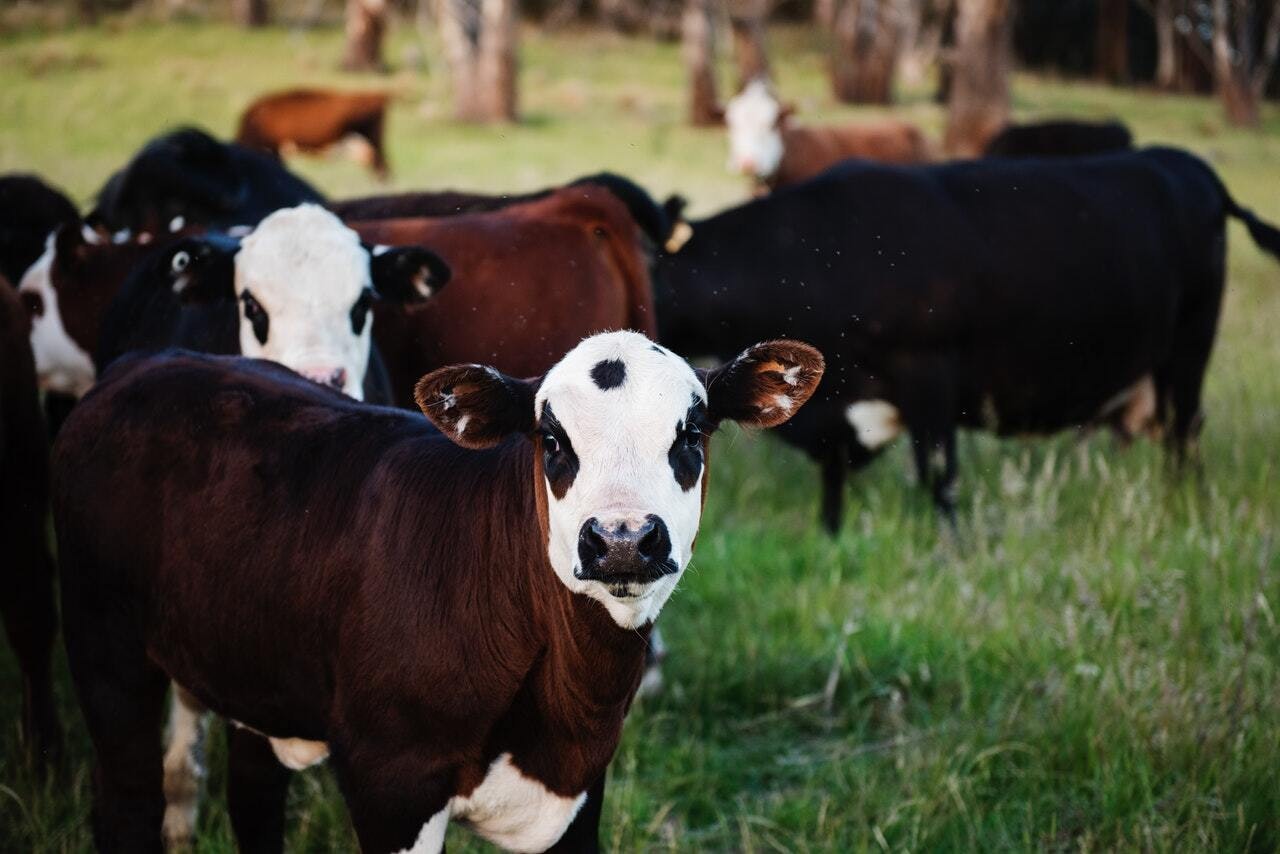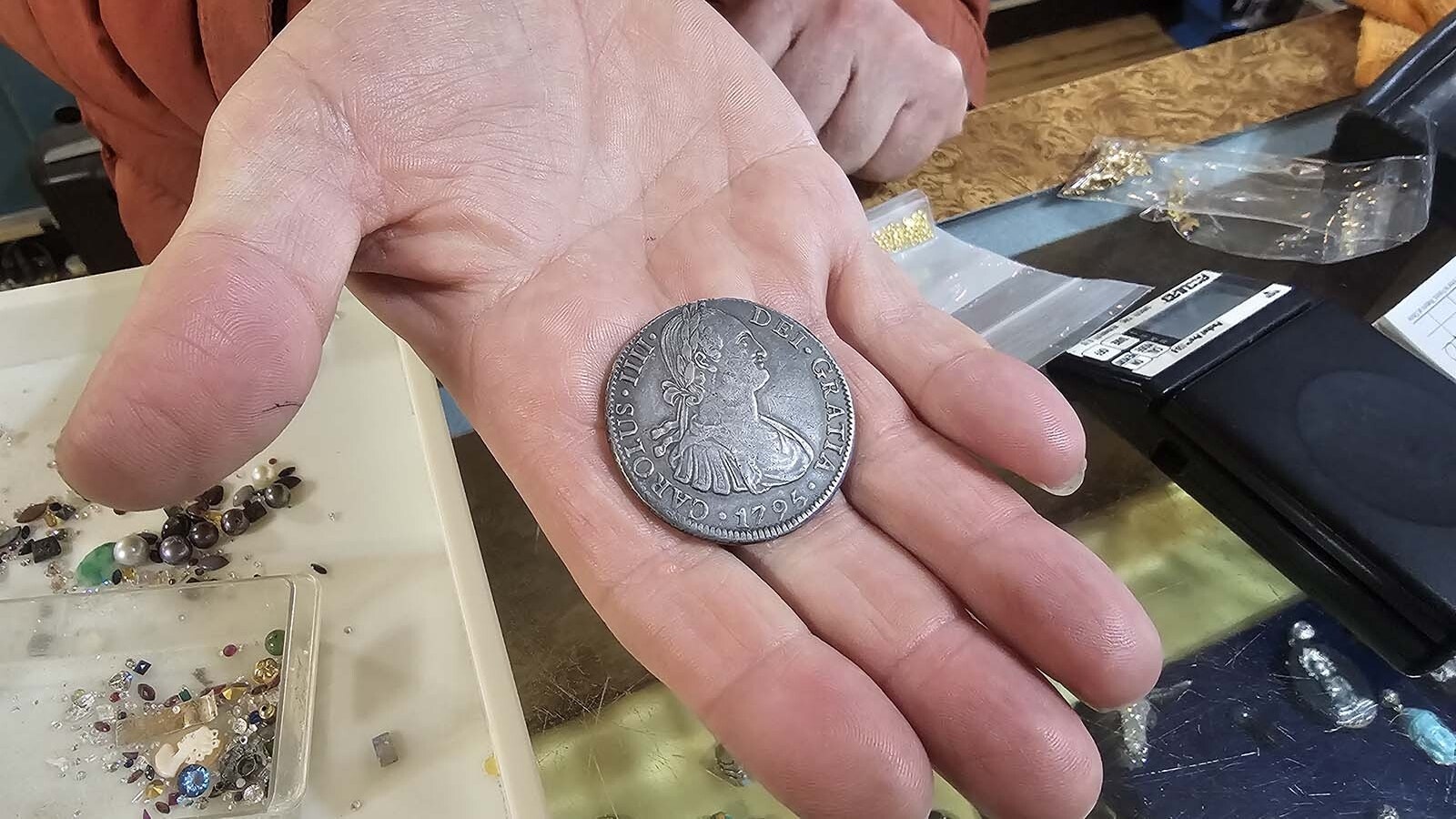By Ellen Fike, Cowboy State Daily
Two Wyoming legislators joined Wyoming’s congressional delegation in calling for investigations into the four major beef processors in the United States, as the companies continue to make record profits during the coronavirus pandemic.
While retail beef prices have surged due to consumers hoarding beef, prices paid ranchers for cattle continue to stay low. State Sen. Ogden Driskill, R-Devils Tower, noted that cattle prices are some of the lowest he’s seen in 40 years of ranching.
“This as bad as it’s ever been,” Driskill said. “We’re really in a segment where people are going to see mass closures in the ag industry.”
Driskill and his Wyoming House of Representatives colleague Rep. Tyler Lindholm, R-Sundance, both criticized the four major meat packing companies, Tyson, Smithfield, JBS and Cargill, for creating a monopoly that hurts ranches and small cattle producers.
Driskill recommended the public call for an investigation into these companies and enforcement of the Packers and Stockyards Act, which regulates interstate and foreign commerce in livestock, dairy, poultry and related products.
The simple step of shopping locally for meat would also be of major help, the senator added.
“The people who produce beef and the consumers are both losing out right now with this monopoly,” Driskill said. “People need to come out and say ‘If you’re going to break the ranchers, at least give us cheap food.'”
On the other hand, Lindholm blamed the companies’ misuse of the Federal Meat Inspection Act as one of the problems behind rising beef prices for consumers, but not ranchers. He believes the four major meat processing companies are using the act to push out competitors, allowing for them to process more than 80% beef in the country.
Lindholm suggested a complete repeal of the act in favor of letting the states decide how to regulate meat processing. He agreed with Driskill about buying meat locally as a solution.
“Major corporations are going to make the American West disappear,” he said. “Everyone loves seeing the green landscapes and wide open spaces out here, but the reason we have that is because of agriculture. We have to find suitable ways to promote local agriculture.”
On Thursday, U.S. Sens. Mike Enzi and John Barrasso and U.S. Rep. Liz Cheney signed on to a bipartisan letter to the U.S. Department of Agriculture, requesting it provide immediate assistance to cattle producers.
The letter asked USDA Secretary Sonny Perdue to take advantage of the resources provided in the recently-enacted Coronavirus Aid, Relief and Economic Stabilization (CARES) Act, including the replenishment of the Commodity Credit Corporation (CCC) and additional emergency funding. This would facilitate the stabilization of farm and ranch income for producers who are facing market volatility in the wake of the COVID-19 pandemic and economic fallout, the letter said.
“The COVID-19 outbreak has demonstrated the need for domestic food security,” the members of Congress wrote. “All farmers and ranchers are vital to our country’s ability to keep food on the table in a future pandemic or related crisis, and many producers, including young producers, are often highly leveraged and cannot fall back on years of equity in a time of crisis. As such, we urge you to quickly deliver relief to producers as we work to lessen the economic impact of this pandemic.”
Both Driskill and Lindholm praised members of the delegation for calling on the USDA, but Driskill also admitted that the federal help will come with a bit of a stigma.
“We don’t want government payments,” he said. “We just want the ability to compete in a fair marketplace. This isn’t about getting rich. We just want to get a fair share of the profitability.”





